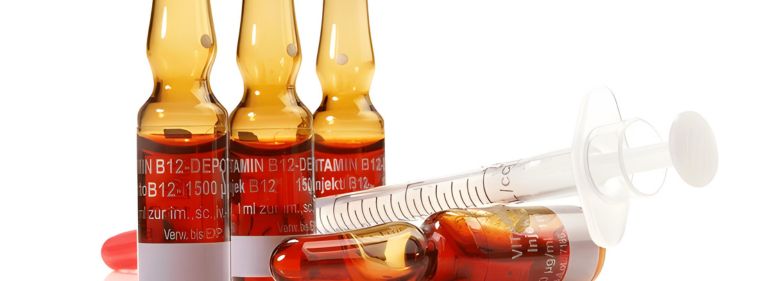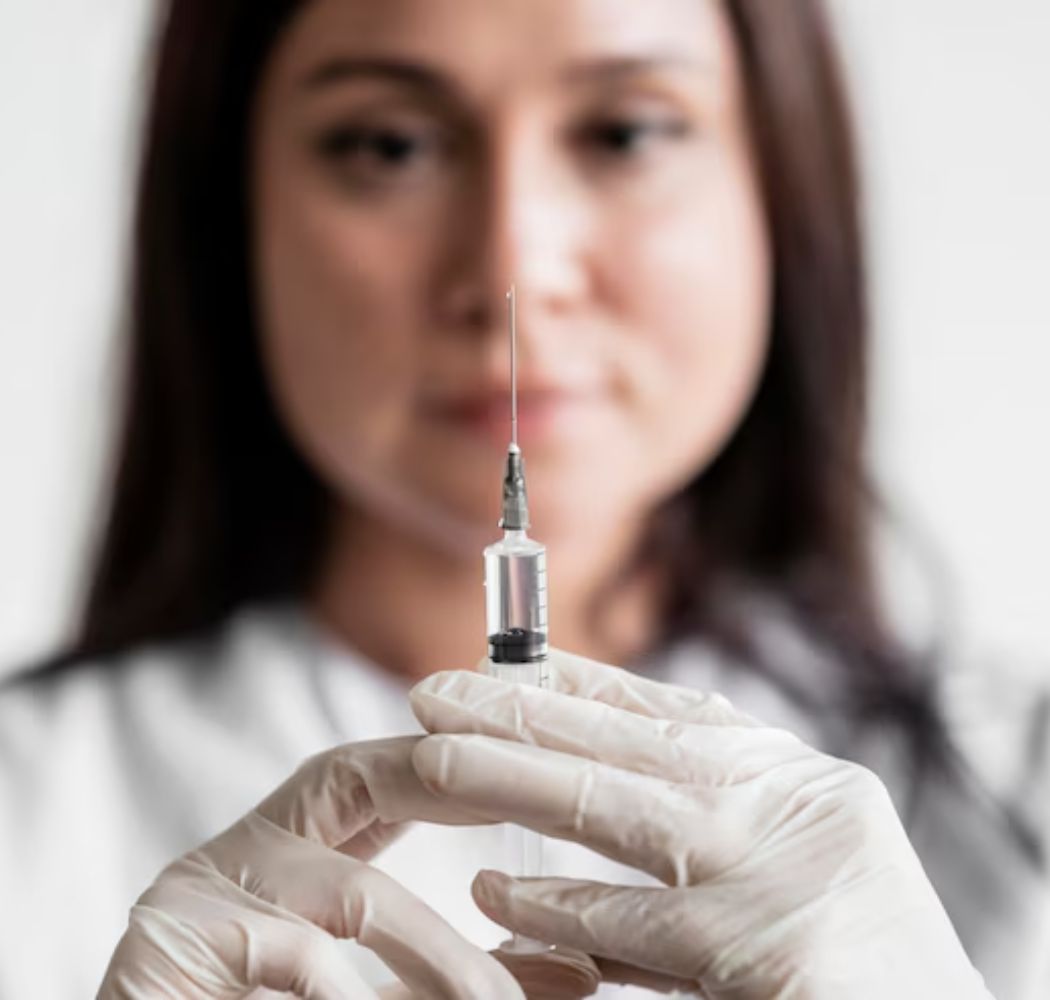Vitamin B-1
Vitamin B-1, or thiamin, helps your body convert food into energy. Your brain depends on vitamin B-1 to metabolize glucose, and your nerves need it to function properly. Women need 1.1 milligrams and men should get 1.2 milligrams of vitamin B-1 daily. Some of the best sources are enriched ready-to-eat cereals made from whole grains, but the amount you’ll get varies from one brand to the next. Other rich sources are roasted ham, pork chops, brown rice, lentils, peas and beans such as navy, black, pinto, lima and kidney beans.
Vitamin B-2
Vitamin B2, also called riboflavin, is one of 8 B vitamins. All B vitamins help the body to convert food (carbohydrates) into fuel (glucose), which is used to produce energy. These B vitamins, often referred to as B-complex vitamins, also help the body metabolize fats and protein.
Vitamin B-6
Vitamin B-6 actives enzymes responsible for producing energy, neurotransmitters, red blood cells and white blood cells that support the immune system. You may help keep your heart healthy by getting an adequate amount of vitamin B-6 because it removes the amino acid homocysteine from your blood. High levels of homocysteine are associated with an increased risk of developing cardiovascular disease. Your daily diet should include 1.3 milligrams of vitamin B-6. Tuna, salmon, poultry, beef, potatoes, spinach, bananas and fortified breakfast cereals are all good sources.
B12
Vitamin B12 is a nutrient that helps keep your body’s blood and nerve cells healthy and helps make DNA, the genetic material in all of your cells. Vitamin B12 also helps prevent megaloblastic anemia, a blood condition that makes people tired and weak.




